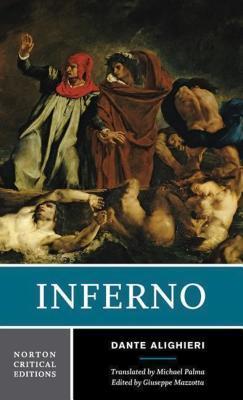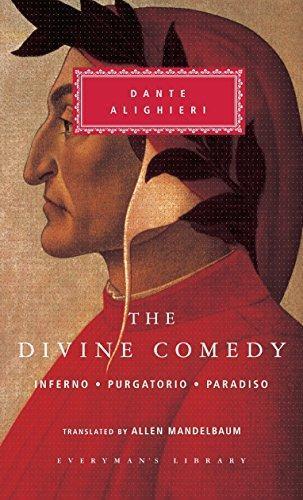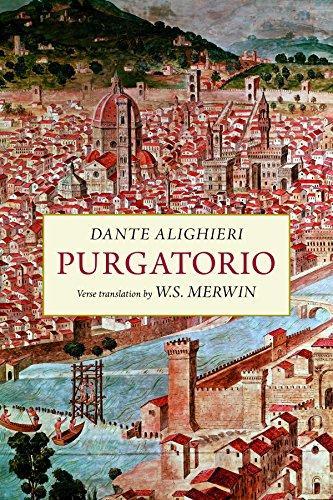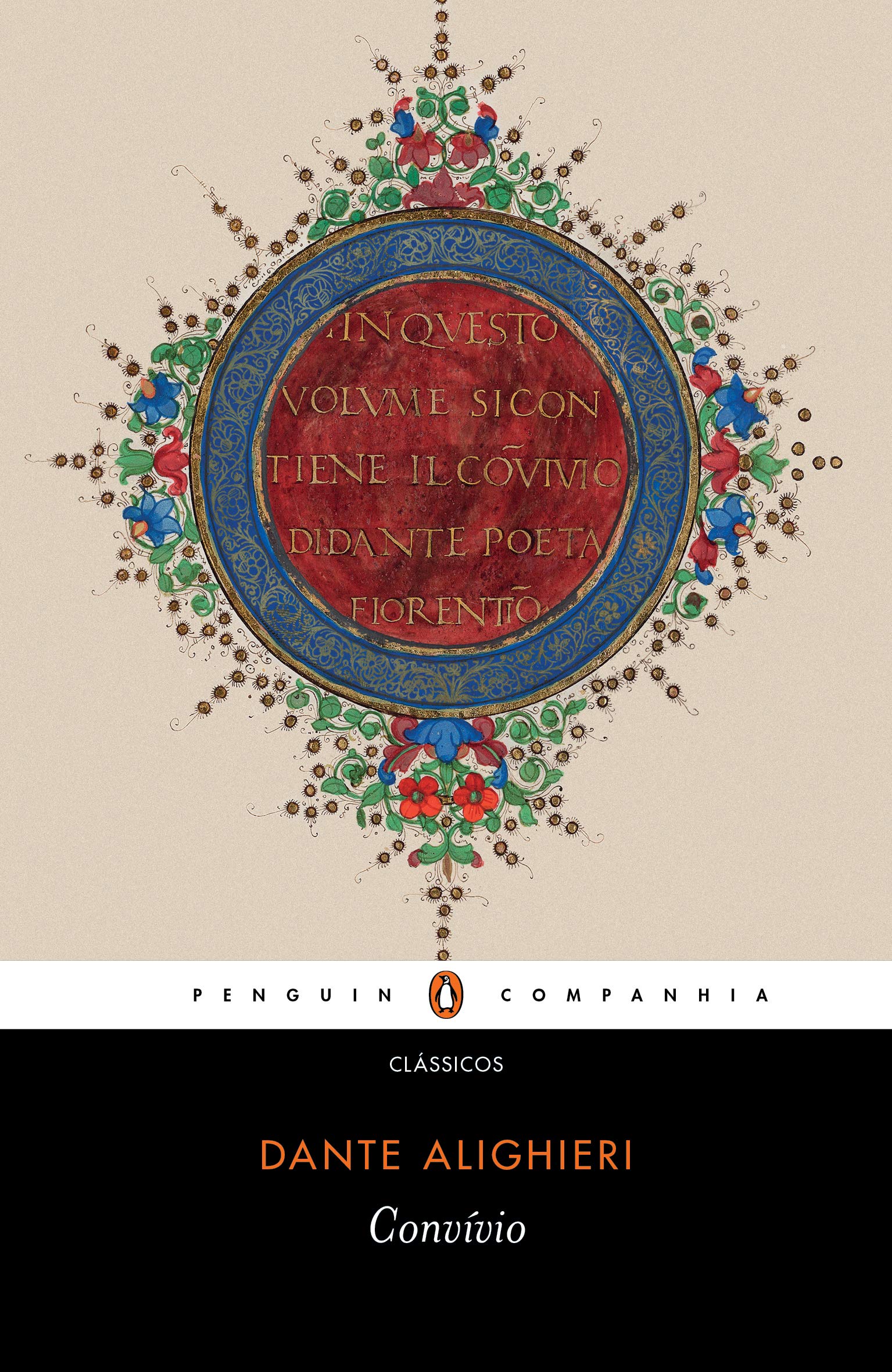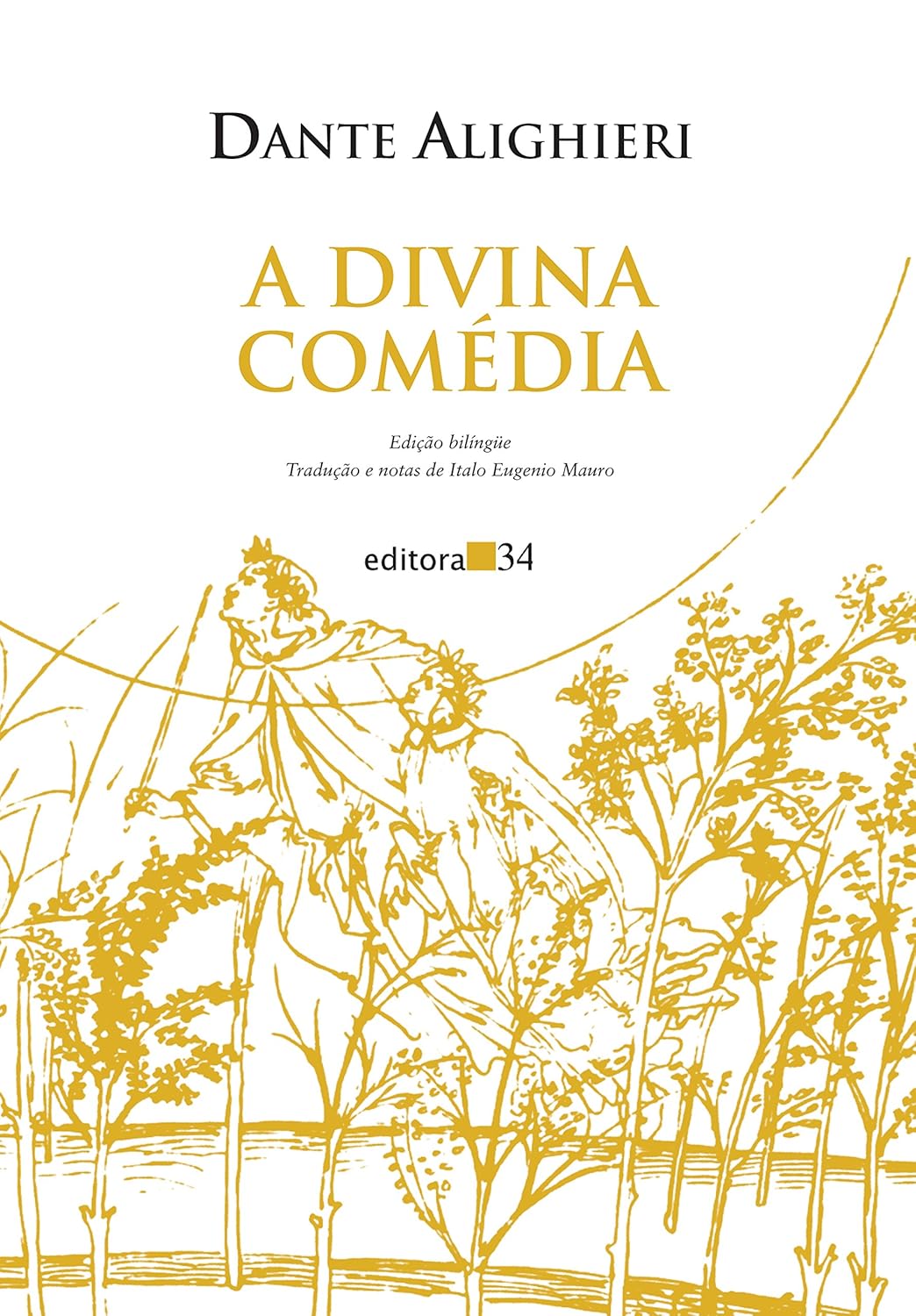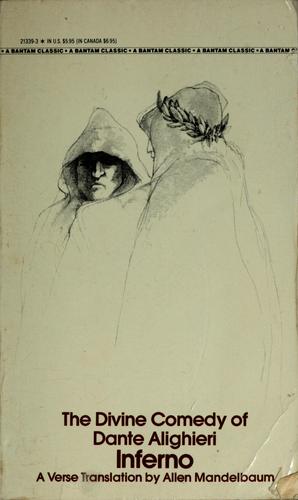Dante Alighieri (Italian: [ˈdante aliˈɡjɛːri]), probably baptized Durante di Alighiero degli Alighieri and often referred to simply as Dante (, also US: ; c. 1265 – 1321), was an Italian poet, writer and philosopher. His Divine Comedy, originally called Comedìa (modern Italian: Commedia) and later christened Divina by Giovanni Boccaccio, is widely considered one of the most important poems of the Middle Ages and the greatest literary work in the Italian language.Dante is known for establishing the use of the vernacular in literature at a time when most poetry was written in Latin, making it accessible only to the most educated readers. His De vulgari eloquentia (On Eloquence in the Vernacular) was one of the first scholarly defenses of the vernacular. His use of the Tuscan dialect for works such as The New Life (1295) and Divine Comedy helped establish the modern-day standardized Italian language. His work set a precedent that important Italian writers such as Petrarch and Boccaccio would later follow. Dante was instrumental in establishing the literature of Italy. His depictions of Hell, Purgatory and Heaven provided inspiration for the larger body of Western art and literature. He is cited as an influence on such English writers as …
Dante Alighieri
Author details
- Aliases:
-
דאנט, Dāntī Alīǧyīrī, Dante Aligieri, and 88 others
Dante Allegherius, Dante Alig'ieri, Danthe Alighieri, Danthe, ダンテ, دانتى اليجييرى, Dantē, Dantes, 但丁, Dante Aligeri, Aligherius Dante, Dainteé Ailiégieéirié, Dante Aleghieri, דנטה אליגיארי, Dante Alligherius, Dantes Aligerius, Tantte, Dante Aligheri, דנטה אליגירי, Makākavi Tāntē, דאנטי אליגיירי, Dante Allighieri, Dante Alig'eri, أليجييري، دانتي،, Danti, Danding Yalijili, 但丁 亚利基利, Данте Алигиери, Dante Aligjēri, Dante Alaghieri, Dānteé ʾAligiyeéri, Dante Alligieri, Dantis Alagherius, Dānté ʾAligiyéri, Данте Алигьери, Dantė Aligjeris, , Dante Alighieri, Dante Aligjeri, ダンテ・アリギエリ, Dante, Tan-ting, Dante Alig'i︠e︡ri, Dant Allighier, Dāntī Aliġyīrī, Dainté Ailígiéirí, ДАНТЕ АЛИГЬЕРИ, Allighier Dant, Dante Alih'i︠e︡ri, Danṭe ʾAligiʿeri, Danding, Danṭe Aligyeri, אליגיירי דנטי, דנטי אליגיארי, Dāntī Alīyīrī, Dante Aligijeri, دانتى الغييرى،, دانتى اليجييرى،, Dante Alihii︠e︡ri, Dainté Ailígíeirí, Dantis, Dante Alig’i︠e︡ri, دانتى اليغييرى،, دانتي ألغييري،, Dante Aligherius, Dante Alleghieri, Dānté ʼAligiyéri, أليجييرى دانتى, Dante Aldigeri, Tāntē Alikiyari, דנטי אליגירי, Данте Аліґгіері, Alighieri, Dant Aligīeri, דנטה אליגיירי, Dante Ardighê, Alighieri Dante, ДАНТЕ АЛИГИЕРИ, Dante Alighieri, Dānteé ʼAligiyeéri, دانتي أليجيري،, Durante Alighieri, Dantte, Dante Aligʹeri, دانتى ألغييري, Dant, Durante, Dāntī Alījyīrī, Dante Alagherii - Born:
- July 15, 1265
- Died:
- Sept. 14, 1321
External links
Dante Alighieri (Italian: [ˈdante aliˈɡjɛːri]), probably baptized Durante di Alighiero degli Alighieri and often referred to simply as Dante (, also US: ; c. 1265 – 1321), was an Italian poet, writer and philosopher. His Divine Comedy, originally called Comedìa (modern Italian: Commedia) and later christened Divina by Giovanni Boccaccio, is widely considered one of the most important poems of the Middle Ages and the greatest literary work in the Italian language.Dante is known for establishing the use of the vernacular in literature at a time when most poetry was written in Latin, making it accessible only to the most educated readers. His De vulgari eloquentia (On Eloquence in the Vernacular) was one of the first scholarly defenses of the vernacular. His use of the Tuscan dialect for works such as The New Life (1295) and Divine Comedy helped establish the modern-day standardized Italian language. His work set a precedent that important Italian writers such as Petrarch and Boccaccio would later follow. Dante was instrumental in establishing the literature of Italy. His depictions of Hell, Purgatory and Heaven provided inspiration for the larger body of Western art and literature. He is cited as an influence on such English writers as Geoffrey Chaucer, John Milton and Alfred Tennyson, among many others. In addition, the first use of the interlocking three-line rhyme scheme, or the terza rima, is attributed to him. He is described as the "father" of the Italian language, and in Italy he is often referred to as il Sommo Poeta ("the Supreme Poet"). Dante, Petrarch, and Boccaccio are also called the tre corone ("three crowns") of Italian literature.
